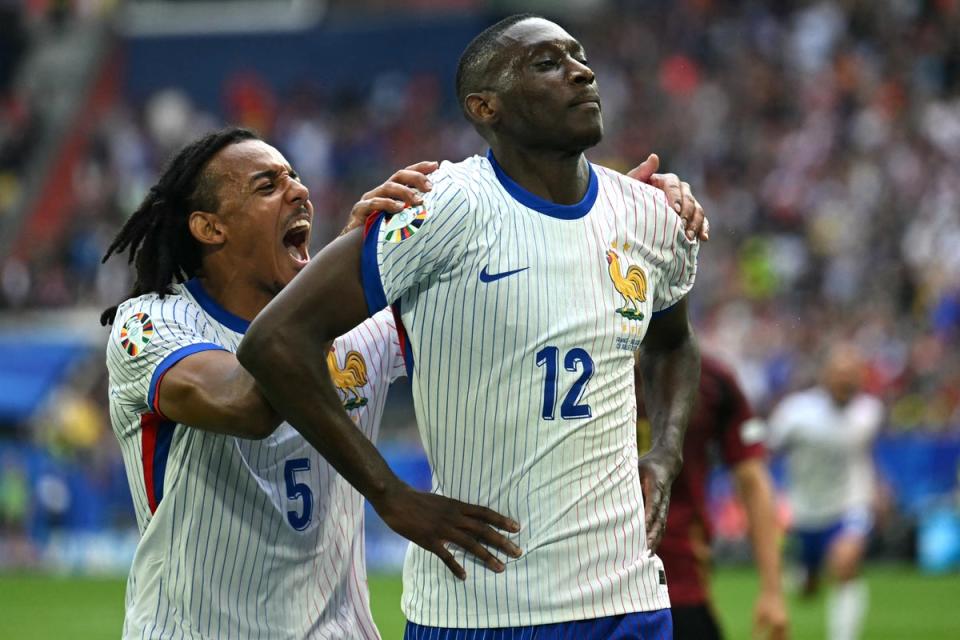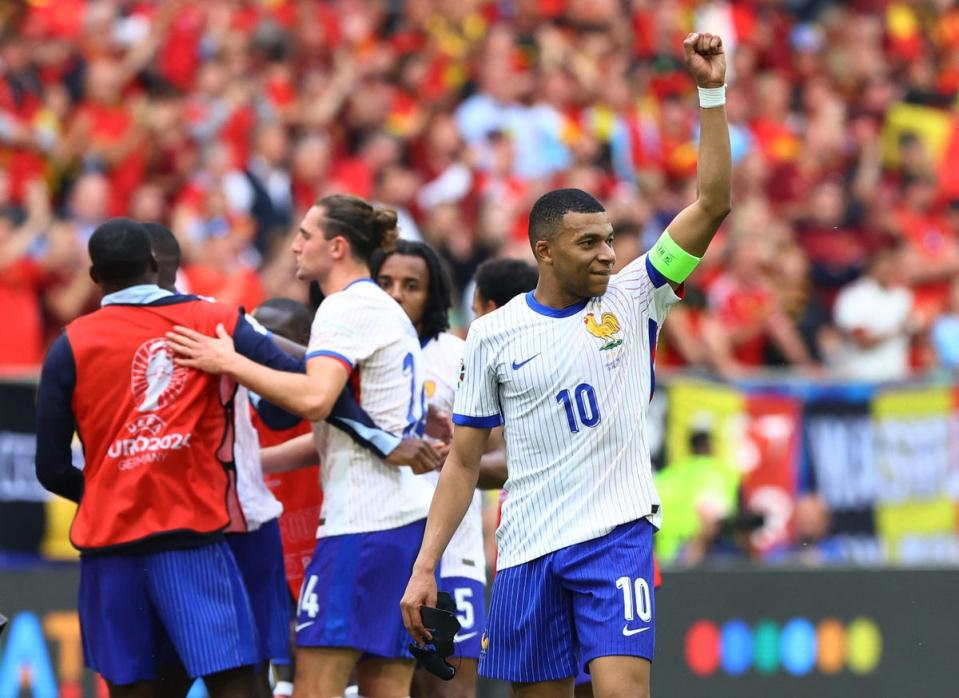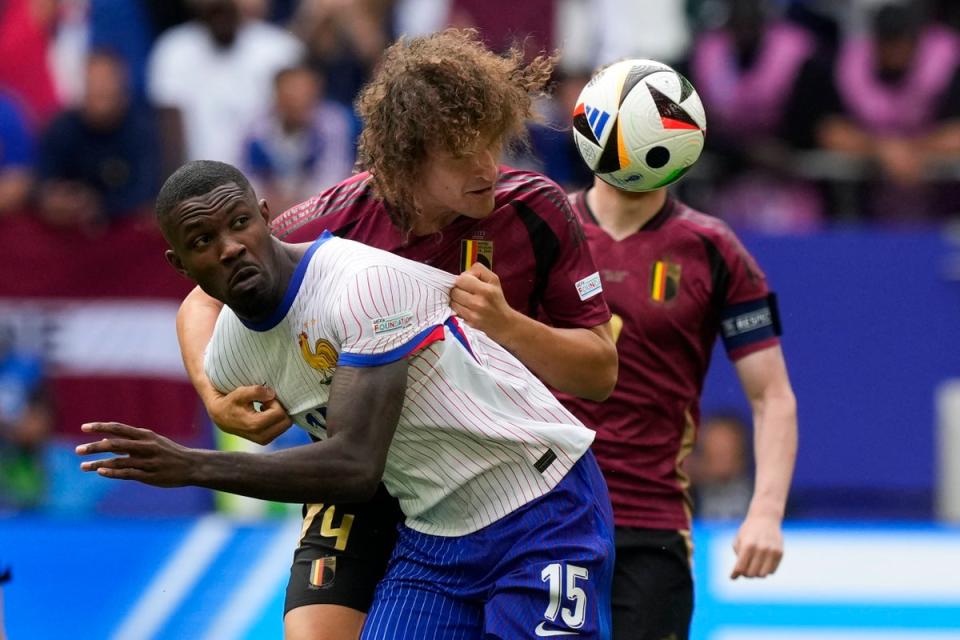Jules Kounde’s stand against the rise of French nationalism is a piece of rare football bravery

It could be quipped that the game against Belgium actually had to end for a French player to do anything impressive, but this is too serious an issue. What’s more, before Jules Kounde spoke in the impressive way he did, the defender had already won man of the match in his country’s 1-0 over Belgium.
He had been superb in play. He then surpassed it with his words. Kounde was asked about the first round of the French legislative election results, which look set to bring the far-right National Rally into political influence. The 25-year-old had already posted some of his thoughts on social media, which could have been an excuse to deflect questions and point to those. Kounde wasn’t going for any of that. He feels this is too important.
“I was disappointed to see the direction France is taking, with strong support for a party against our values. The far-right party, National Rally, who are against freedom and are against our co-existence. That is my political position.”
As significant as most of Kounde’s statement was, it is the last five words that are arguably the most notable. It is extremely rare for a footballer to even express this.
Kounde is just one of many in the French squad making their political position clear, however. They understand the importance of the moment, which has been a growing sentiment around this tournament.
This has perhaps been the most politicised European Championships ever witnessed, which is saying something given that the very competition was created at the start of the European project in the 1950s, during the height of the cold war. Its first ever winners, Russia in the form of the old Soviet Union, are banned.
The war in Ukraine has weighed over much, and it should never be forgotten that conflict is taking place a mere 400 miles away. The county’s national team have insisted on speaking to media as much as possible to keep the message strong. Baseball caps featuring the watermelon symbol used to display solidarity with Palestine have been handed out at games.
A television reporter got banned for making the double-headed eagle gesture to Serbian fans, as Albanian supporters wore banners that had the flags of their country and Kosovo. Serbia does not recognise the latter’s independence, and the split sparked a number of complaints and incidents in the group stage.

Most relevantly to Kounde, the spread of the far right has swirled around stadiums and even into crowds, in the forms of many banners and chants. To some degree, it’s remarkable and merciful there hasn’t been more trouble over political differences and chanting.
The political context has even influenced the very running of the tournament, given how Germans themselves complain about how the privatisation of DeutscheBahn has left a transport system that often feels under-equipped to move hundreds of thousands of supporters around, to go with the decisions of repeated governments.
None of this has really affected the football, though. The prevailing mood has actually been to enjoy the show, regardless of the political turmoil all around and the conflict further afield.
There are moments, especially when you read some of the more serious real-world headlines, when it’s hard not to wonder how this tournament will be looked back on in history.
Within that, Kounde and the French players have gone on record with more than football quotes. They will stand out.
It should be stressed this isn’t to rebuke their peers. The responsibility for speaking out shouldn’t be placed on footballers. Their job is simply to play. At the same time, many of them willingly go on about “using their platform” when it suits, or when it’s easy.

Well this is Kounde and his teammates using their platform, and it certainly isn’t easy. One of the reasons that players don’t speak out on politics is because of the huge potential for blowback, not least to their multiple commercial opportunities.
The French players have decided this is too important. It is extremely brave given the climate.
Many people would respond to this saying of course it’s brave and admirable when a player says something that is palatable to the mainstream.
What would happen, say, if a player instead expressed support for a far-right party.
This is really beyond that and whether people agree – before you even get to the fact far-right support is evidently becoming quite mainstream. That makes his statements all the more striking. Kounde cleverly kept it as simple as possible, however, to make a point. He said he was speaking about values of “togetherness”, and rejects attempts at stoking division.
That’s it. That’s the message he wanted to relay, ahead of what he himself describes as a “very important” second round of voting. It may well have influence. It’s also personal, given he is born in Paris into a migrant family that hails from Benin.

Many supporters of National Rally would doubtless have opinions on whether such a background should affect the extent of his citizenship, his eligibility for the national team and even his voting rights. This is a discussion that has clouded the host country of Germany, too.
Kounde has made his point. It’s much more than most players have done. That isn’t to criticise them. But it is to show Kounde and his teammates respect.

 Yahoo Sport
Yahoo Sport 



































































